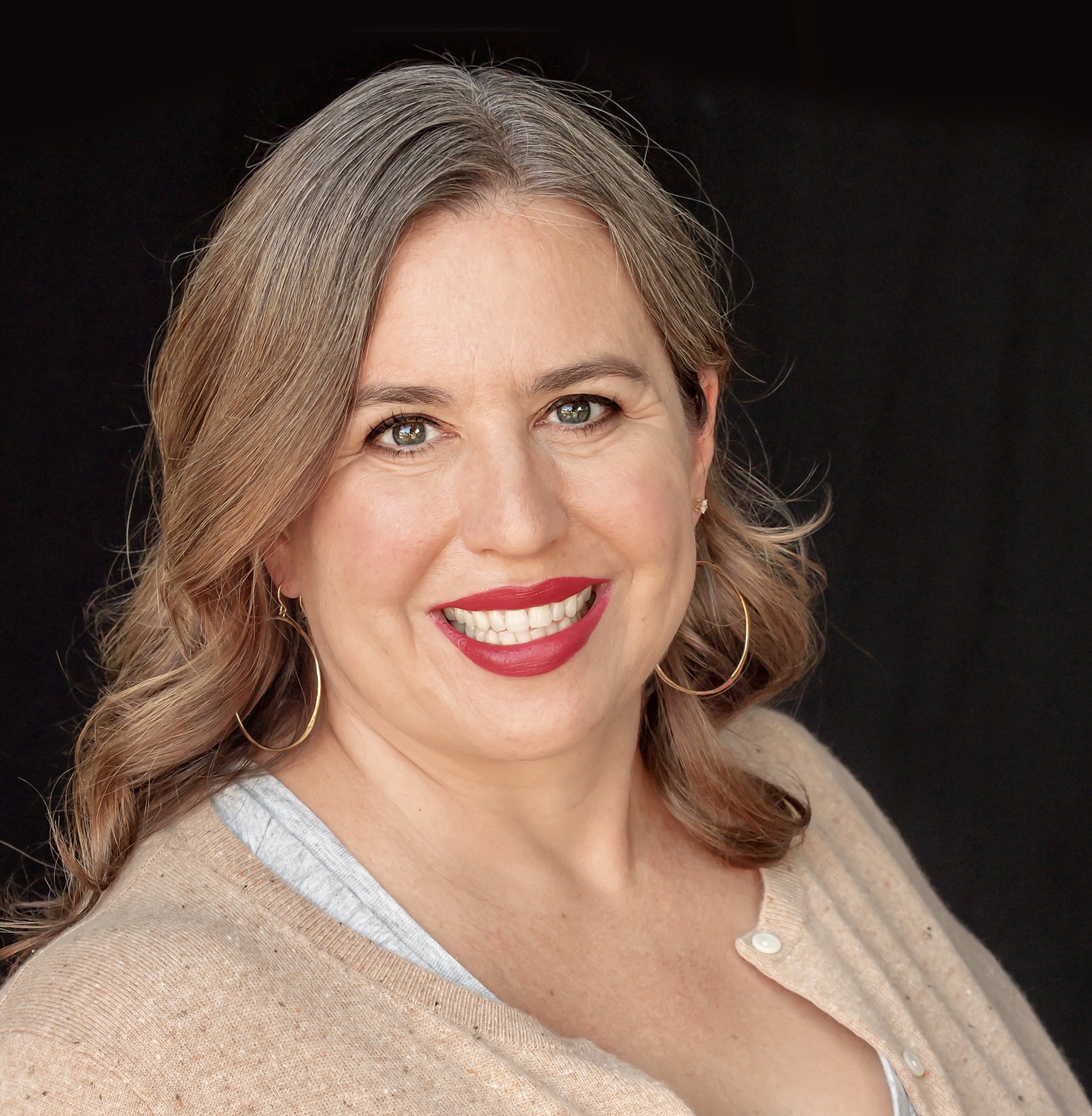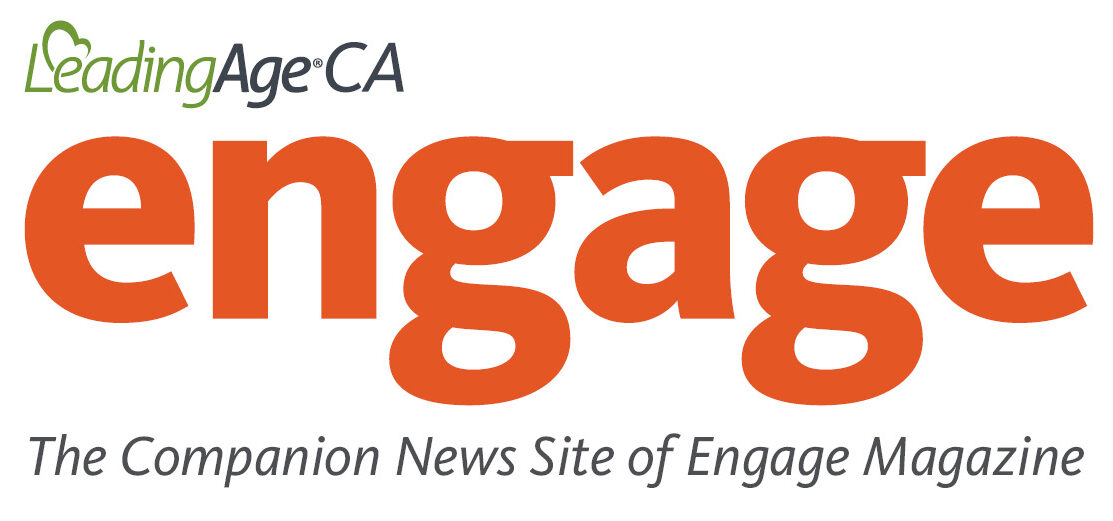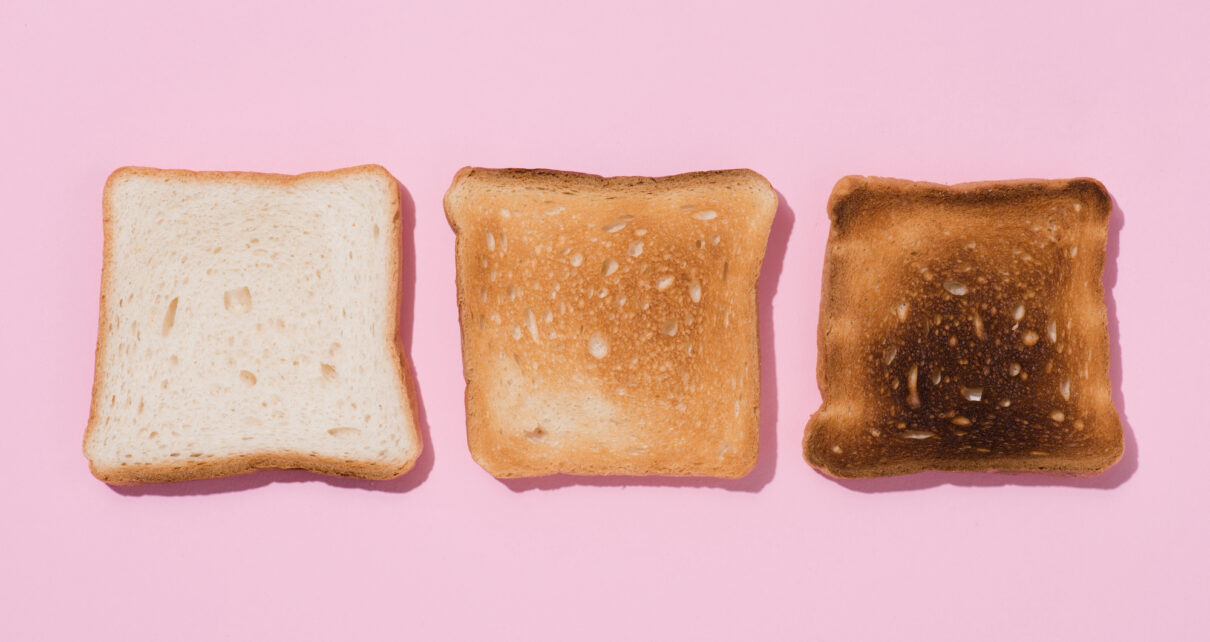Kate Washington is a Northern California writer whose book Already Toast chronicles her experiences caring for her husband Brad, seriously ill with a rare cancer. We sat down with Washington to talk about the gender politics at work in her story and hear her perspective on how to ease the struggles of unpaid family caregivers.
 In your book you talk about the pressures that come with the notion of “having it all.” Do you think a lot of Gen X women grew up embracing those perfectionist ideals
In your book you talk about the pressures that come with the notion of “having it all.” Do you think a lot of Gen X women grew up embracing those perfectionist ideals
I do think our culture encourages people to take a lot on themselves in general. The women of the Baby Boom generation blazed the trail and went into the office when gaining access to the workplace was the big focus of the feminist movement. I think many Gen X women grew up seeing this happen and internalized that “you can have it all” ethos. And then we grew up to find you can’t really have it all at the same time.
I think there is this idea that the individual striving and scrambling of women can make up for the fact that we simply lack affordable childcare, paid time off, maternity leave, universal healthcare, and all manner of other things. There’s a great sociologist I’ve been following whose name is Jessica Calarco. In an interview she said, “Other countries have social safety nets – the United States has women.”
In your book you mention feeling like you needed to look a certain way for the doctors to take you seriously. What do you think can be done to improve the disconnect that can occur between care providers, caregivers, and patients?
In some ways, the pandemic offers an opportunity for a reset on that. It’s not just a matter of personal respect for the other family member. That caregiver has a lot of information that the doctor may not have. There were times Brad would be just miserable and tell me about all the problems and quality of life challenges he was having when I would go see him in the hospital. But then the doctors would come on their rounds, and he would sit up and try to seem okay and say, “No, no everything’s good.” and I’d think, hey, tell them what’s really happening with you! So, I would have to say, “Actually, he’s having these problems.” Because he was trying to be a good patient. And those issues get more acute with people with cognitive impairments. In those cases, the medical team is really relying on the caregiver for critical patient information.
Self-care is more than making time for bubble baths. When you’re really buried in the minutiae, what advice would you have for resetting your perspective?
I think in some ways, the truest form of self-care is actually setting boundaries – asking for help and asking for the care you need from other people. We must take care of ourselves, but we also need community care and more of a community ethos to get through these kinds of issues that affect so many people.
We know caregiving is going to be something that millions of people are going to do or need in their lives. It’s not an individual issue. I also think that in the case of caregiving, trying to access respite care, trying to find the supports and take the breaks you can is critical to making it sustainable.
In your book you mentioned one solution could be subsidizing family caregiving. How would that work?
There are models for this. The Veterans Administration offers some limited pay to family caregivers and in some states, there is some opportunity for family caregivers to apply for Medicaid funds at certain income levels and with certain conditions. There are interim steps like tax credits and different ways to credit back people who’ve had to leave the workforce to care for family members. I think even passing paid leave, which is so long overdue, would provide some financial relief to caregivers – even though I don’t think it’s enough.
When Brad was sent home from the hospital and the doctor told us he needed 24-hour care, there’s no coverage for that care, even if it’s medically ordered. If you need attendant care in your home, you have to figure that out yourself. And that is absolutely unsustainable. We have a healthcare system that is discharging people at a very fragile point in their treatment when they’re in need of intensive medical care, and then providing absolutely minimal support for that. And honestly, that practice is a huge subsidy to the healthcare system. That is on the backs of families who are leaving work or spending down their savings to provide that care for their loved ones.
What would you like to see happen as far as state policy?
The Master Plan for Aging’s fourth goal is “Creating Caregiving That Works.” There are initiatives to increase training, better pay, and working conditions for paid caregivers, which will in turn increase respite care and make things easier for family caregivers. So, it’s heartening to see this is actually something that’s making it into state policy and looking ahead to the wave of elder care needs that are coming. We are facing a massive demographic gap that’s going to leave a lot of families scrambling to care for mom and dad or grandma and grandpa down the road.
Visit Kate’s website at: kawashington.com/already-toast.html




